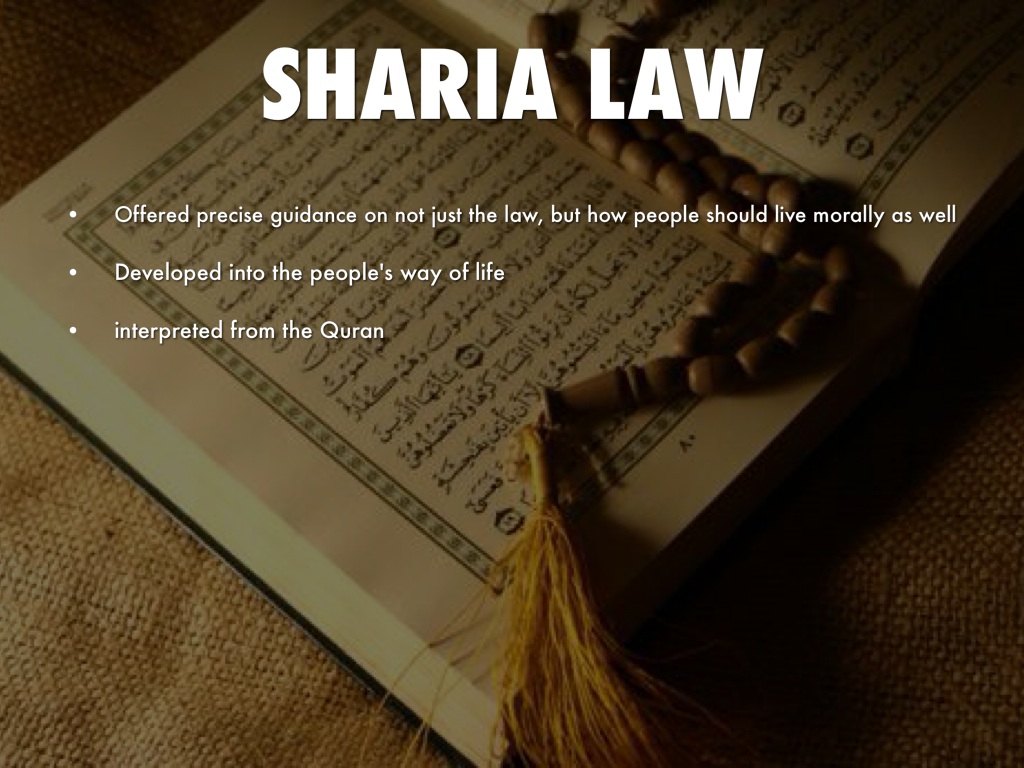“The Fall and Rise of the Islamic state”, a book written by Noah Feldman issued in 2014 has been one of the important western attempts that tried to discuss the dismantling of the Islamic state, and its return of in the political Islamic geography.
His central thesis discusses the constitutional democratic regime, the link of Sharia with the sovereignty of law, and the challenges related with building an institutional system that determine the form of the Islamic state, with a democratic aspect that overtakes the old organizational structure, giving priority to the corrupted authority.
We can say that the attempts of Noah Feldman, professor of law in Harvard University, who composed many studies on Middle East cases, can be determined in one question “Can the new Islamic state work?”.
Feldman sees that secularism in the Arabic world has clearly failed, whether it was linked with communism or liberalism over the twentieth century. Nevertheless, the conflict among the political movements and the conflict with colonialism, made the call for Islam a solution for the problems of the Islamic world, which increased the severity of popular demands for Islamic rule in the modern Islamic countries that aims to recall a perfect sample of authority called the “Islamic Caliphate”.
In his book, Harvard’s professor didn’t tackle details of the traditional or modern constitutional papers, and he focused on the general theory of the political system. He also neglected important papers that enjoyed remarkable influence in the modern Islamic constitution like those of as Abul Ala Maududi.
He also considered that Islamists have involved in the modern state system, which states based on diversified institutions including the legislative, judicial, and executive authorities, and made their employees part of a civil organism for the political rule.
Although Islamists overvalue their scholars, they don’t consider them as pillar in the state, or a source of authority or censure and the new trend adopts a policy that substitute scholars with civilians in public positions, and leave them for consultative roles.
On another hand, Feldman defends Islamists, and criticize the mistaken western views on the Islamic experience and constitutional visions. He considers that writers and philosophers like Montesquieu and Marx have dedicated this intellectual mistake.
Therefore, the West is facing difficulties in understanding a democratic, institutional and constitutional return to the Islamic state.
The writer sees that the modern Islamic state can provide political and judicial justice for Muslims, but only if it established new institutions that return the constitutional balance among powers and authorities. He continues that this option is not hard to reach with the sociological expansion of the popular demand to return the values of Islamic Sharia.
Feldman intended to remind the reader that western powers consider that Sharia threats democracy, while Islamists benefit from it to win their elections and to justify their terrorist actions. So what is Sharia? And why the Muslims stick to it despite its cruel provisions?
To surpass this debate, the writer provided more indications on the development of the Islamic constitutional and democratic intellect and considered that the Islamic dictatorships are increasingly regressing.
The American intellect concludes that if Islamists reached the rule and didn’t establish institutions of balance among the powers and the law, the whole world, including the West will face hard times.
It is worth mentioning that the writer has written other books on ISIS and the return of Jihad, and called for the support of the moderate democratic Islamic movements.
